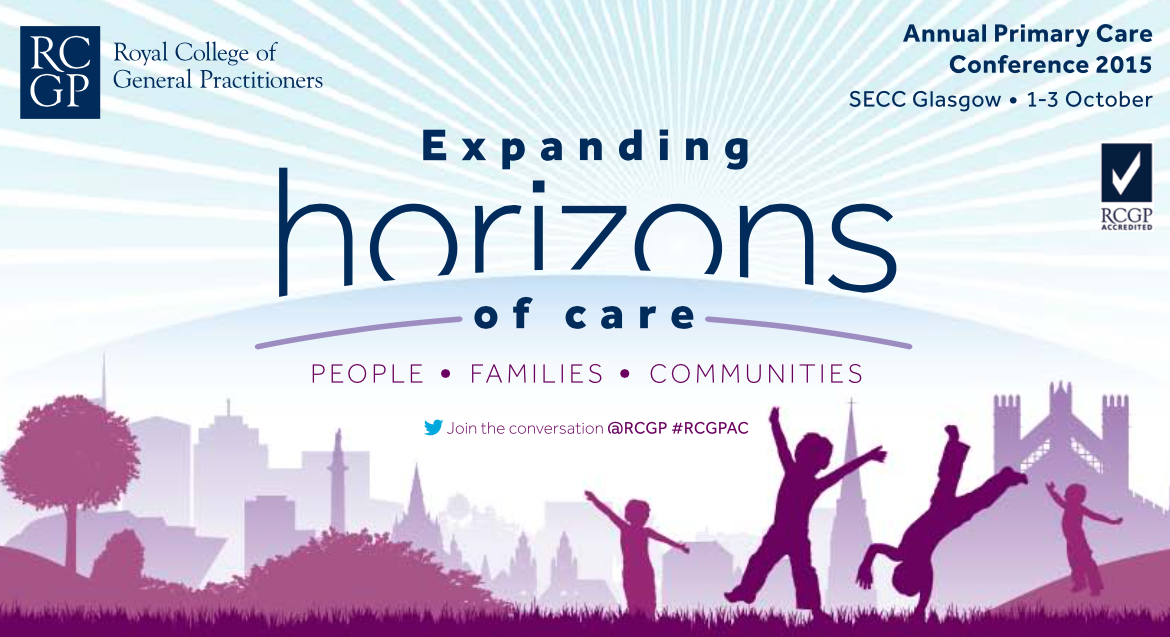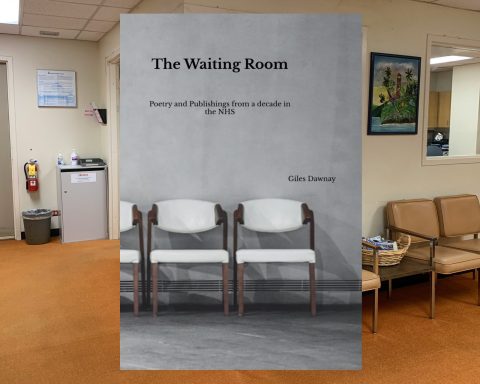 Stephen Bergman is a doctor, novelist and playwright. He is currently a Clinical Professor of Medicine in Medical Humanities and Ethics at New York University Medical School. His book, The House of God, published in 1978, is firmly established in medical culture and deservedly has wider ‘cult classic’ status.
Stephen Bergman is a doctor, novelist and playwright. He is currently a Clinical Professor of Medicine in Medical Humanities and Ethics at New York University Medical School. His book, The House of God, published in 1978, is firmly established in medical culture and deservedly has wider ‘cult classic’ status.
In 1971, I wrote this piece, and recently have looked back at it. In a sense it has all the things I’ve learned since, and that every good General Practitioner learns. I give a little current comment on what in fact I have learned, at the end.
THE PATIENT IS THE WORLD
Samuel Shem
Medical students in their course on diagnosis are taught: “When you hear hoof beats outside the window don’t assume it’s a zebra.” This means that you should think of common diseases first, not exotic ones. Decades ago when I was a medical student in Boston at one of man’s greatest hospitals, I was assigned a woman with “difficulty breathing.” She was 56 years old, a mother of three whose husband had died two years before. In good health all her life, she worked in a flower shop. She had never before had trouble breathing. Her husband’s death had been a shock, but with the support of friends and family she had gotten through it pretty well. The resident—my boss—came in and took his history, in a rat-a-tat technique of asking a probing question which had to be answered yes or no, and as soon as there was a response, cutting her off and moving on to the next—I knew he was filling in his grid, a decision tree that would provide the diagnosis. No new information came up. Physical exam showed nothing but her panting. Lab work revealed increased eosinophilia, the blood cell that increases when the body is allergic to something. The resident went back and grilled her on allergies. Nothing.
Her workup proceeded in classic academic fashion, with increasingly refined blood tests and X-rays. The latter showed a diffuse pattern of lung irritation, but no lesions or tumors. Experts were called in, and each diagnosed something in their area of expertise, from the psychiatrist diagnosing “melancholia” at her husband’s death, to the surgeons wanting to cut. She kept getting worse, the oxygen levels in her blood falling lower and lower, blueing her lips, paling her face. A look of doom seemed to cloud her eyes. The surgeons did a lung biopsy which showed only that her lung was reacting to some antigen, as the blood test had shown.
She continued to decline. Palliative treatment was begun. The resident and staff doctors seemed reluctant to enter her room. I felt scared for her and sorry, and spent more and more time sitting with her, just talking—a medical student has time for this arcane procedure. One day I asked where she lived. She said that after her husband died she’d taken in boarders to survive. I asked about them. “One of them’s…a real trip,” she gasped. “A magician.” I smiled and asked more about him. Part of his act involved trained pigeons, which he kept in cages in the basement. “The cages are right above my washer drier.” My ears perked up. It turned out that whenever she ran the drier, the pigeon droppings were aerosolized and she breathed them in—for the past two years. I rushed to the medical library—in those days we still used books—and found “Pigeon Breeder’s Lung Disease.” Treatment: get rid of the pigeons; and a course of steroids. Prognosis: excellent. The magician suffered. She got well.
Looking back now, what did I learn?
That the science of medicine is astonishing and useful, but it can keep us from practicing the human art of listening and responding, face to face, heart to heart, without a decision tree in mind or a computer on our laps so we stare into the screen instead of look into the eyes, all to “save time”. That the for-profit insurance industry dictates that we doctors don’t have time to listen to our patients if we want to get paid. That if we rely on technology and tests and neglect “being with” the patient, we may well miss the vital human facts that will solve the mystery and bring the cure. And that the patient is never only the patient, the patient is the spouse (alive or dead), the family, the house and who lives in it, the friends, the community, the toxins, the climate, where the water comes from and where the garbage goes. The patient is the world.
And finally that the “hoof beats” outside the window can be zebras—or, if you listen carefully, just the light steps of a common bird.
What I’ve learned since
I’ve learned that the delivery of good medical care is based on understanding, and communicating with the patient, the risk of isolation, and the healing power of good connection. Doctors now are into their screens, and the best ones are those who can type without looking at the keyboard. The real issue in caring for the patient based on two things:
Connection comes first: if you are in good connection, you can talk about anything; if you’re not in good connection, you can’t talk about anything (this, of course applies to life outside medicine—thnk of your spouse or partner).
It’s never only what you do or say, it’s what you do or say next. No one ever gets connection right all the time, we are always getting it wrong, mostly in little ways. The ones who are great with patients—and with spouses, partners etc—are those who, when there’s a disconnect, note it, hold it with the other person, and then do something next to turn it into a better connection.
Good relationship, good connection, is the key to good patient care. And GPs are lucky—you get to actually be with patients in this way.







